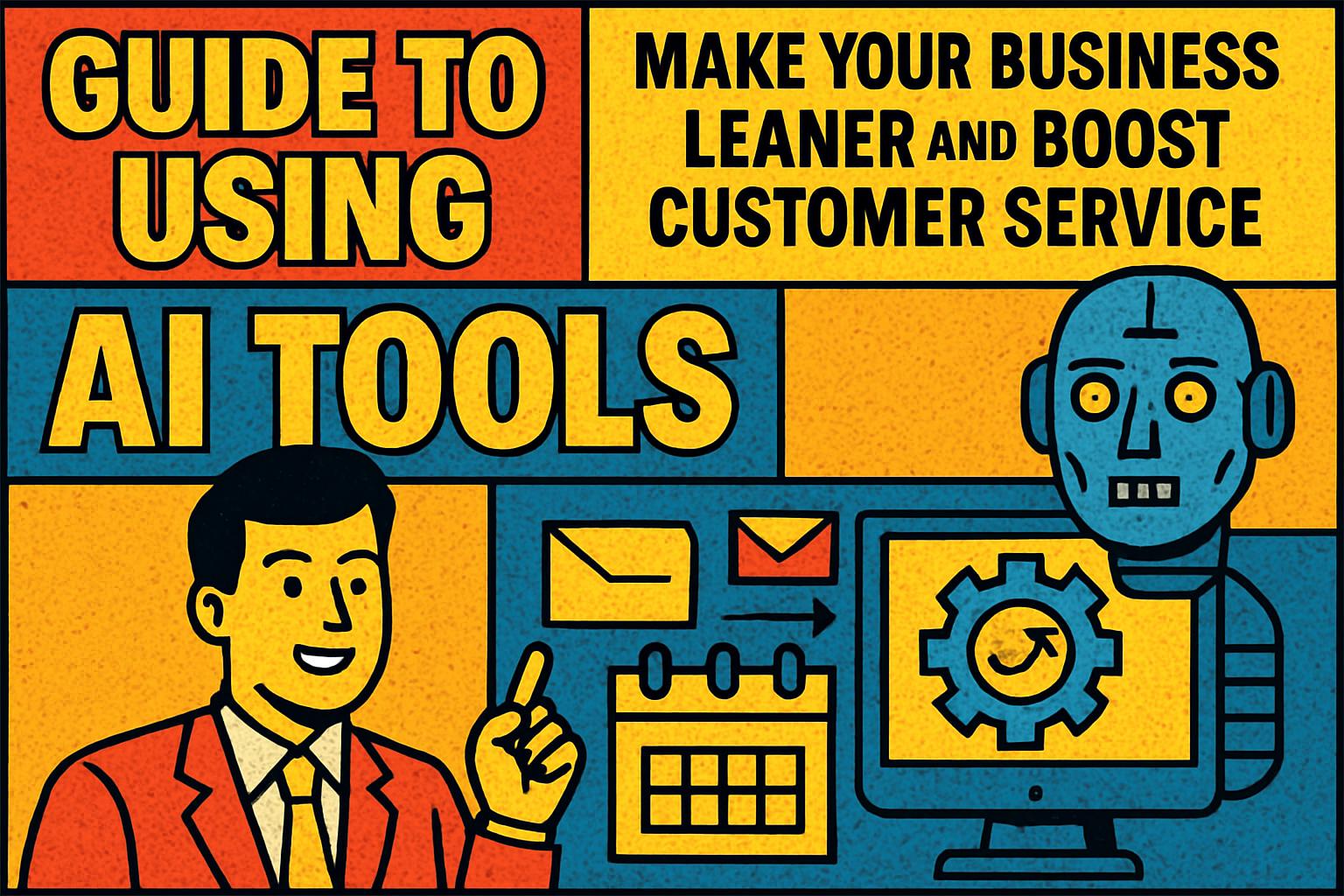As technology evolves beyond simple automation, businesses are embracing systems that don’t just follow instructions but think independently within set guidelines. These tools are redefining how companies handle challenges in fast-moving, high-stakes environments. With this shift comes a pressing question: how do we balance innovation with the need for accountability?
“Beyond automation: The future of intelligent work with agentic AI”, from TechRadar, highlights the changing role of artificial intelligence as businesses adopt a more independent and decision-capable form of technology. Known as agentic AI, this new approach moves away from reactive automation to systems that can independently evaluate situations, make decisions, and act within predefined boundaries. It represents a notable departure from the limited capabilities of traditional AI, as companies transition toward using these tools as active problem-solvers in complex environments.
The article describes how businesses are deploying agentic AI to manage intricate workflows, from real-time logistics adjustments in supply chains to intelligent customer engagement. Unlike conventional solutions limited to predictive tasks, this technology adjusts to new conditions, demonstrating a proactive advantage. Additionally, it balances autonomy with human accountability, ensuring critical decision-making remains reliable in sensitive industries like healthcare and finance. By combining independent problem-solving with human oversight, enterprises are increasingly viewing these systems as indispensable collaborators—not just useful tools.
Agentic AI is also shaping industries ranging from retail to insurance. For example, in healthcare, systems modify treatment plans on the spot, leading to better patient outcomes. Retailers use it to tailor customer shopping experiences in real-time, while insurers depend on it to streamline fraud detection and reduce administrative delays. Across industries, the ability to incorporate these tools without adding operational burdens is helping enterprises remain competitive and flexible in a global market increasingly reliant on adaptive technologies.
Why This Matters
This shift in technology is more than a technical enhancement—it reflects significant changes in how businesses approach decision-making. By integrating agentic systems, companies become better prepared to handle uncertainty, adapt to market changes, and improve operational efficiency. Unlike older models, which relied heavily on programmed instructions, the new systems excel at understanding context and acting in a more refined manner. Their growing relevance is also redefining organizational roles, creating demand for professionals who can blend decision-making expertise with insights into machine-assisted workflows.
Key Benefits
- Improved Decision-Making: Tools can analyze context-specific data, recommend viable solutions, and implement actions in ways traditional models cannot match.
- Operational Efficiency: Automating real-time decisions across supply chains, customer service interactions, and compliance efforts improves speed and accuracy.
- Scalability: These systems allow businesses to expand capabilities to new areas without significantly adding complexity or cost.
Challenges to Consider
While promising, agentic AI systems bring unique adoption challenges. Ensuring clear oversight is an important consideration—especially in industries handling regulated data or financial operations. Mismanagement of autonomous actions could result in poor decisions or compliance risks. Additionally, transforming current workflows and training staff to effectively collaborate with these technologies require significant time and investment. Ensuring strong safeguards will remain a priority as businesses balance innovation with reliability.
Potential Business Concepts
- A logistics platform enabling small businesses to implement live route optimization powered by autonomous decision software.
- A retail app offering personalized recommendations based on real-time behavior analysis.
- A fraud detection tool for financial firms that autonomously flags suspicious transactions while adhering to strict regulatory rules.
The article provides a practical view of how this emerging technology could reshape industries, with outcomes ranging from streamlined operations to smarter customer engagement. For individuals and businesses alike, integrating intelligent systems responsibly will be an ongoing effort. While optimizing decisions and reducing repetitive work has clear benefits, maintaining human involvement ensures thoughtful management where it’s most needed. As organizations improve how they use these tools, the next phase of advancements will likely focus on enhancing versatility while safeguarding trust and quality standards.
—
You can read the original article here.
Image Credit: GPT Image 1 / Steampunk.
Make your own custom style AI image with lots of cool settings!
—
Want to get the RAIZOR Report with all the latest AI news, tools, and jobs? We even have a daily mini-podcast version for all the news in less than 5 minutes! You can subscribe here.
RAIZOR helps our clients cut costs, save time, and boost revenue with custom AI automations. Book an Exploration Call if you’d like to learn more about how we can help you grow your business.







